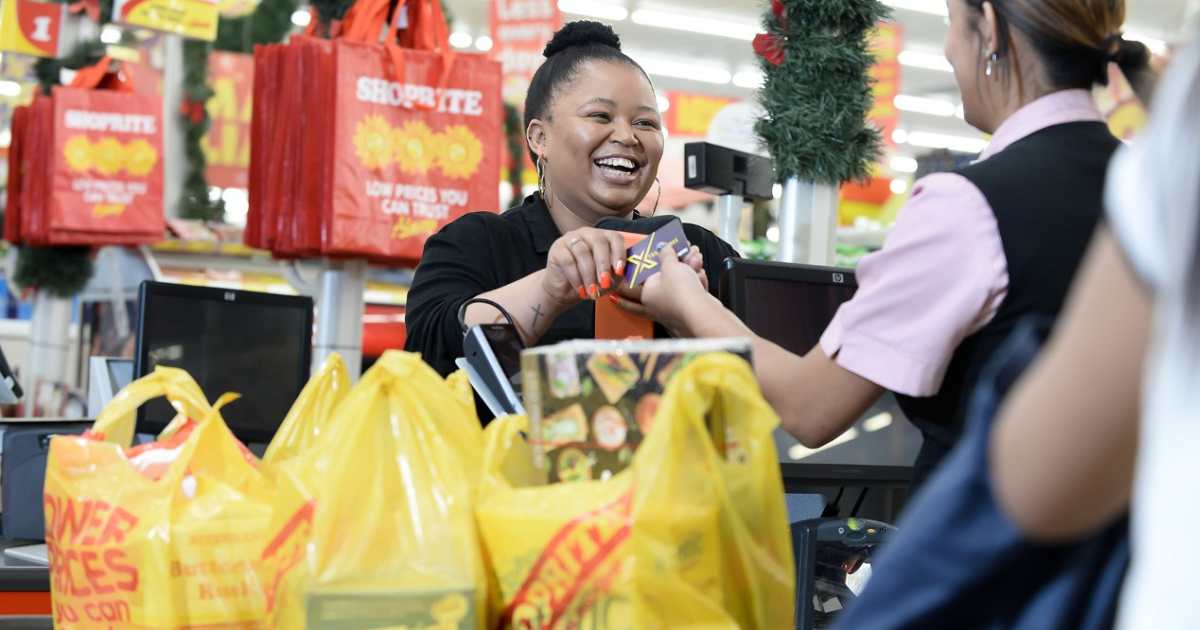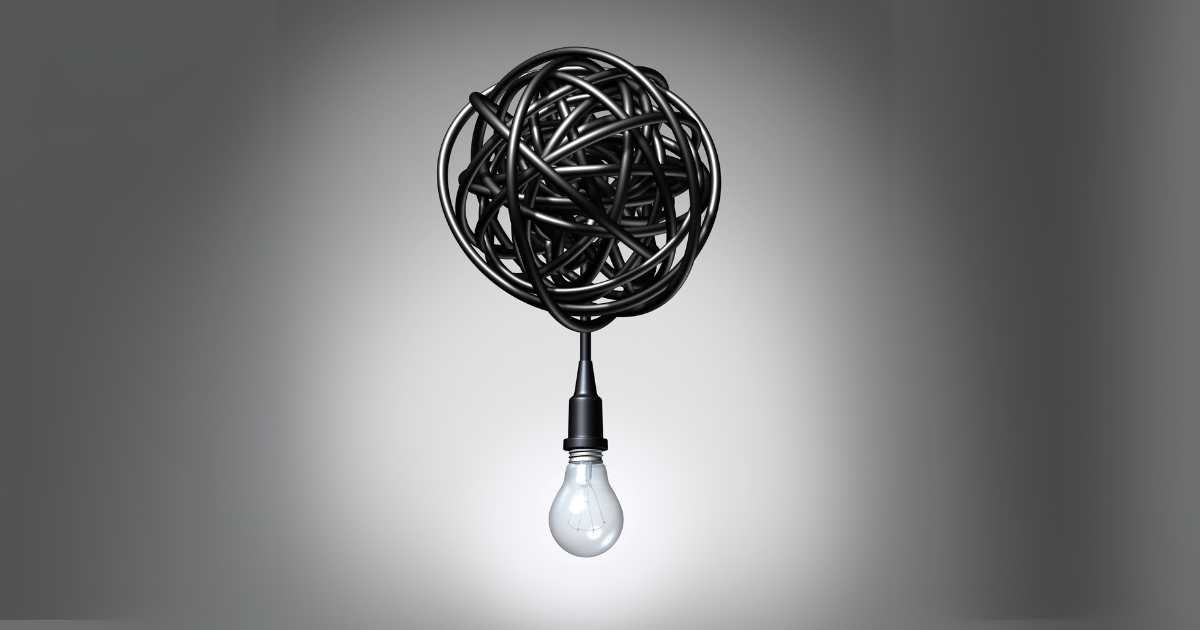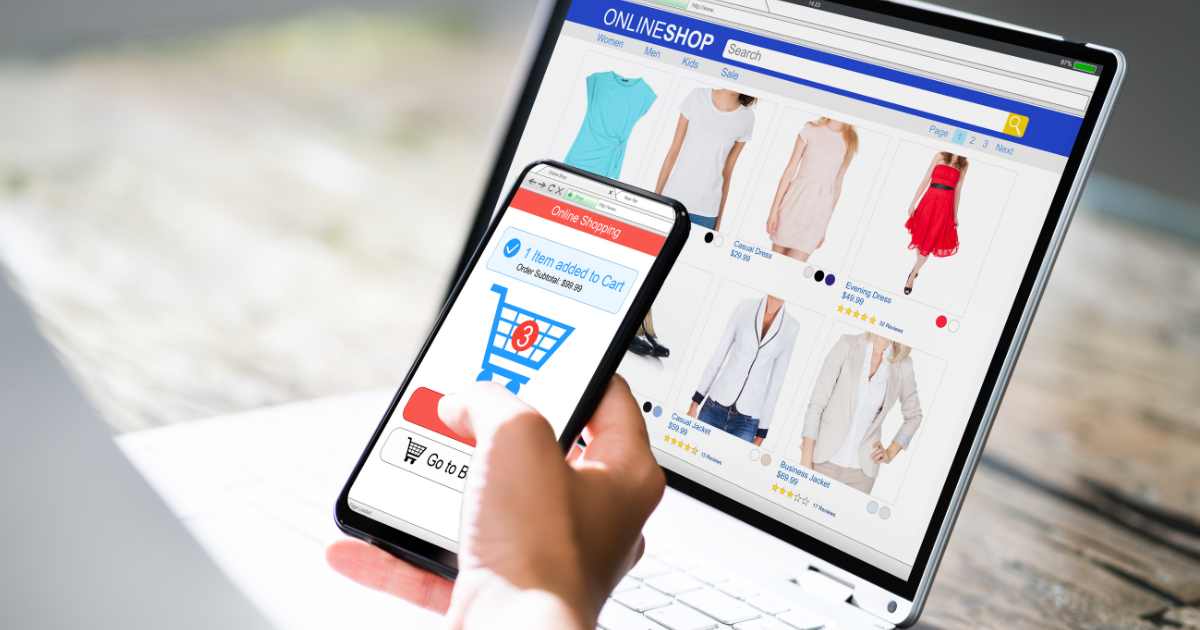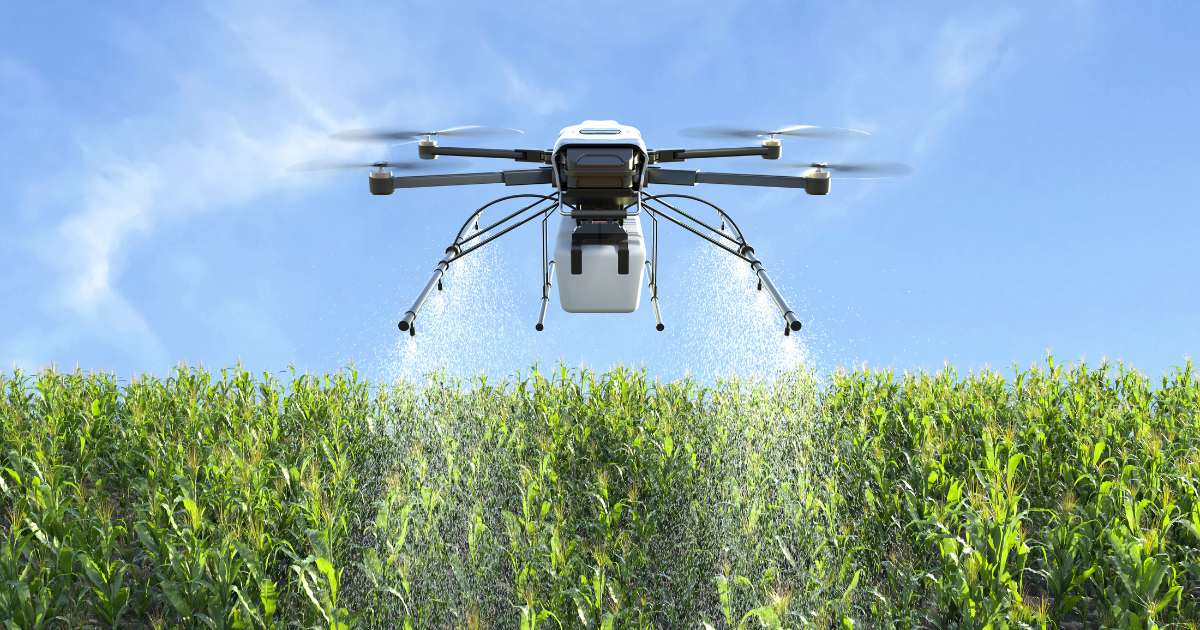
To become a Shoprite Supplier is one of the best ways to grow your business. Supermarkets such as the Shoprite chain have access to expansive consumer markets, making it easier for small to medium enterprises (SMEs). They also have growth plans for small businesses and some even give you working capital support.
Supermarkets are chain stores supplied by the distribution centres of their parent companies. In South Africa, there are various supermarket chains such as Boxer, Shoprite (and Checkers), Pick n Pay, and Woolworths. Shoprite Group has been ranked the biggest retailer in South Africa. This makes it the ideal supermarket for sellers.
Shoprite is estimated to have almost 20 000 suppliers. This includes micro suppliers and larger suppliers. The retailer also assists small suppliers grow their businesses by connecting them to investors. So, clearly becoming a seller or supplier to Shoprite can change the trajectory of your business.
Let’s look at what it takes to become a supplier/seller for Shoprite.
Current Shoprite Suppliers
Shoprite has various kinds of suppliers, mainly micro, small, medium, and large suppliers. There are various requirements needed to be classified into one of these categories.
Micro Suppliers: Shoprite considers businesses with a turnover of R 10 million or less as exempted micro-enterprises or micro suppliers.
Small and Medium Suppliers: These are businesses with a turnover of R 5 million to R 50 million.
Large Suppliers: Large suppliers are businesses with a turnover of R 50 million and have a national or regional footprint.
Looking at the criteria, you will see which category your business falls under. This will help ensure you enlist properly and will increase your chances of becoming a supplier.
Remember, pricing, minimum unit order, and payment terms vary depending on multiple factors. Market forces, product volumes, and delivery methods are factors that determine how SMMEs supply stores.
Application Process
Shoprite has a strong focus on small suppliers and enterprise supplier development (ESD). The application process has multiple steps.
Step 1: Complete the online application
Provide the required information about your business and the unique products you want to put on Shoprite shelves. You will need the following documents:
- A business profile.
- Proof of annual turnover.
- A B-BBEE certificate.
- Health and safety certificate (if applicable).
Step 2: Document Validation
The Shoprite team reviews your application and validates your documents. You must make sure all documentation is accurate and up to date.
Step 3: Introduction Meeting Between Supplier and Buyer
Once your documents have been verified, you will have a meeting with a representative from the supplier development team. This helps Shoprite understand your business needs and goals better.
Step 4: Quality Assurance Check
During this step, the Shoprite team will assess your product samples. This is just to ensure that everything is within regulations and that your products meet Shoprite quality checks.
Step 5: Supplier Onboarding
This is the last step in the application process. If you are successful, you will begin the onboarding process. Shoprite will then send you comprehensive guidance and support. This will help you easily integrate your products into the Shoprite ecosystem.
The application process is straightforward. If you are successful, you will begin supplying to Shoprite soon.
Available Seller Support
Although the application process is straightforward, you will need help once you begin supplying to Shoprite. Shoprite has various benefits that help small businesses become successful at Shoprite.
Benefits include: Access to market, growth planning, and working capital support including financing options like CredX. CredX is a finance product available to all Shoprite suppliers. The solution is aimed at helping SMEs with cash flow issues access affordable funding.
Additionally, Shoprite provides you with packaging and labelling support, marketing and branding, support and training, and onboarding. The company also has free business courses to help you get started.
Available business courses are ‘Learn how to start a small business’, ‘Learn how to differentiate your business from competitors’, ‘Learn how to identify your target audience’, and ‘Learn why cash flow is important to your business’.
Becoming Retail-Ready
Being retail-ready means your products are prepared to meet the standards and expectations of Shoprite and its customers. It also means your products are ready to integrate into the Shoprite ecosystem.
Shoprite has outlined some reasons as to why it is important for you to be retail-ready.
- Customer Appeal – Retail-ready products are more likely to catch the eye of customers. This includes appealing packaging, clear labelling, and presentation on shelves.
- Efficiency – You need to be able to stock products at high speed. This reduces the time and effort the Shoprite staff need to get your products on shelves. It also ensures that customers are not left unable to access your products.
- Brand Credibility – Preparing your product well helps build your brand credibility. This also increases the trust between you and your customers and Shoprite.
- Competitive Edge – When your products are packaged and labelled nicely, you will have an edge on your competition. Being a retail supplier means competing with other small and larger businesses, so you need to make sure your products stand out.
Now that you have all the information you need to become a retail-ready Shoprite supplier. Here are some answers to questions you might still have:
Is it possible to become a supplier if you are not VAT-registered? Yes, you can still register/apply to become a supplier without being VAT-registered. You must provide a certified copy of your ID.
Is it possible to become a supplier without owning a registered business? Yes, you can still register/apply to become a supplier without having a registered company. You must provide a certified copy of your ID.
Can I qualify to become an SME supplier if I do not have a B-BBEE certificate? You can still qualify for the SMME programme if you do not have a B-BBEE certificate. Simply go to your nearest police station and complete an affidavit to confirm your B-BBEE status.
Now that you have all the insight, you are ready to start your journey to being a successful Shoprite supplier. Sign up, apply and become a Shoprite seller today! For more information, visit the Shoprite Supplier page.
For more information visit the SME South Africa website. You can also visit our advice page to speak to one of our experts.













